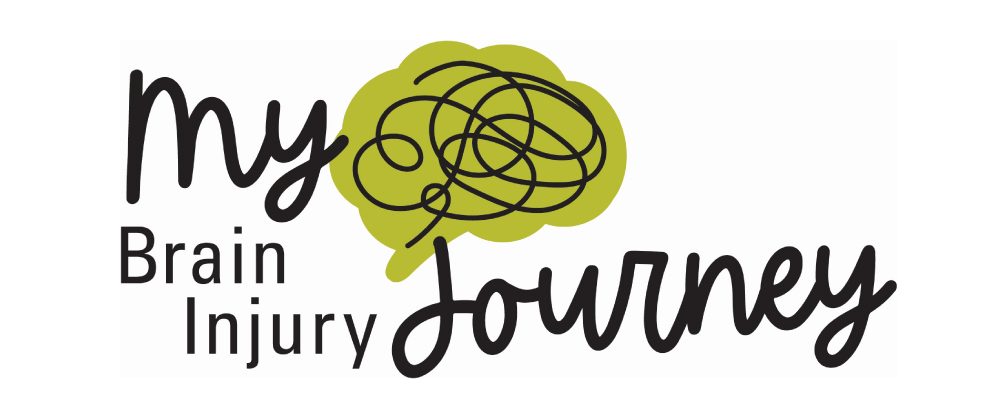In recognition of Brain Injury Awareness Month, we’re highlighting articles on brain injury in children and the evolving role of the speech-language pathologist (SLP) in brain injury treatment. This research can help you assist people with brain injury in the clinic or highlight new research directions.
Brain Injury in Children
Speech-Language Pathology Treatment of Cognitive-Communication Deficits in School-Aged Children With Traumatic Brain Injury: A Scoping Review: The authors surveyed dozens of articles to provide SLPs with the latest evidence-based treatment practices for children with traumatic brain injury (TBI). This article can help you individualize treatment based on a child’s unique characteristics.
The Role of Speech-Language Pathologists in Expanding Delivery of Teen Online Problem Solving for Adolescents With Acquired Brain Injury: A Quality Improvement Project: Teen Online Problem Solving (TOPS) is an evidence-based teletherapy program to promote neurocognitive, behavioral, and psychosocial recovery following brain injury. Learn what SLPs trained in TOPS had to say about the program.
The Role of the SLP
Memory and Traumatic Brain Injury: Assessment and Management Practices of Speech-Language Pathologists: SLPs can play an important role in memory management for people with TBI; this article investigates current SLP practices. By establishing a baseline of services that SLPs currently provide, the authors highlight training opportunities and areas where SLPs can better incorporate evidence-based practice.
Cognitive-Communication Disorders and Neurodisability in the Criminal Justice System: Emerging Roles, Responsibilities, and Opportunities for Speech-Language Pathologists: With studies showing that cognitive-communication disorders are highly prevalent in the criminal justice system, SLPs can be integral additions to an interdisciplinary justice team. Read more about the connection between TBI and the criminal justice system—and the underlying factors that contribute to criminalization and recidivism.
Vertigo and Aphasia in TBI
Self-Reported Symptoms of Vertigo and Imbalance Are Prevalent Among Adults With Chronic Moderate–Severe Traumatic Brain Injury: A Preliminary Analysis: Dizziness and imbalance are known symptoms during the acute phase of TBI, but evidence now suggests that these symptoms continue into the chronic phase of the injury. The authors found that these symptoms persisted in adults with chronic moderate–severe TBI, which may point to underlying vestibular impairment.
Computer-Based Naming Treatment for Semantic Variant Primary Progressive Aphasia With History of Traumatic Brain Injury: A Single-Case Experimental Design: Self-administered naming treatments can help people with semantic variant primary progressive aphasia and a history of TBI better communicate. This article showed how a computer-based treatment helped reduce barriers to traditional aphasia treatment.
More Resources on Working With People With Brain Injury
Every year, the ASHA Journals publish dozens of articles containing the latest for researchers and clinicians working with people with brain injury. Learn more about how you can help people with brain injury on ASHA’s TBI Practice Portal page, or read more about brain injury from the ASHA Journals Context blog (see links below).
Brain Injury Awareness Month: The Role of ASHA Members
Brain Injury Awareness Month and the ASHA Journals
New Special Issue on Cognitive-Communication and Social Disorders After Brain Injury
AJSLP Special Issue Focuses on Communication Disorders After Brain Injury







